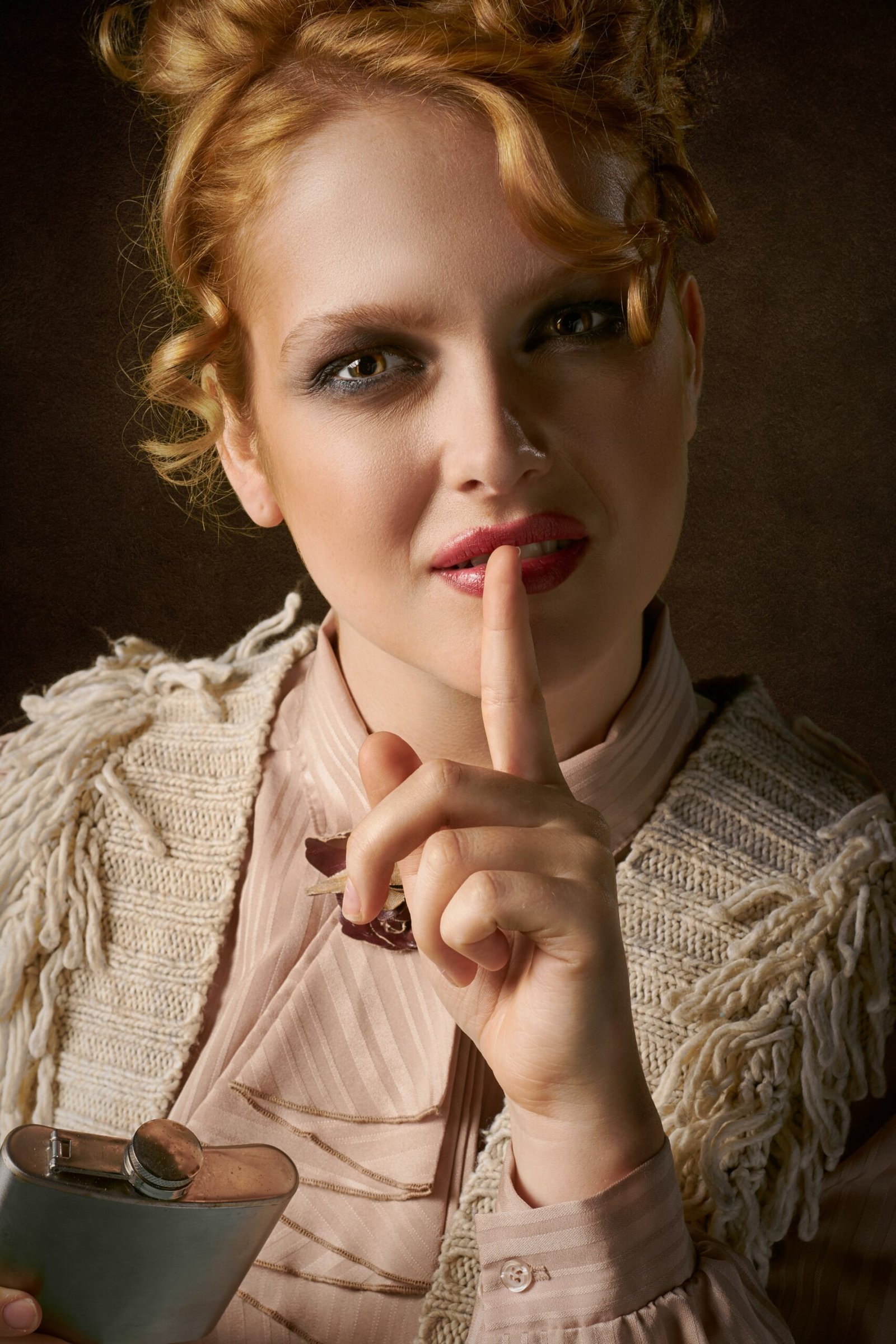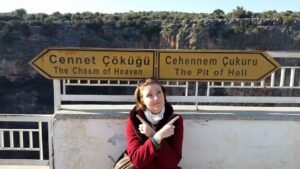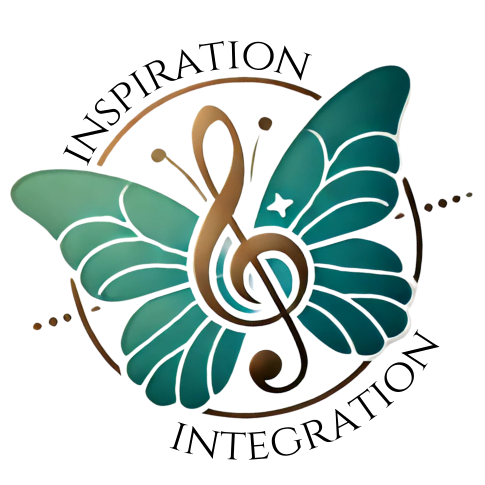
From Self-Doubt to Self-Trust
Owning What You Know While Staying Open to More
There’s a paradox that highly capable women know all too well: the more they learn, the more they realize how much they don’t know. Instead of feeling confident in their growing expertise, they feel like they’re constantly playing catch-up—always reaching for the next certification, the next book, the next skill as if that knowledge will validate their worth.
But what if confidence isn’t about knowing everything? What if true mastery is about holding both your expertise and your curiosity—without feeling like one cancels out the other?
This isn’t about faking confidence or pretending you have all the answers. It’s about recognizing that you already bring immense value to the table, while also staying open to growth. Self-trust doesn’t mean you stop learning; it means you stop doubting what you already know.
So how do you hold space for both? Let’s explore!
The Expert’s Dilemma: Why More Knowledge Doesn’t Always Equal More Confidence

You’re a lifelong learner. You crave depth, mastery, and certainty in your expertise. But have you ever noticed that the more you learn, the more aware you become of what you don’t know? Instead of feeling accomplished, you find yourself focusing on where you still need to grow—constantly reaching for that next skill, certification, or insight to expand your knowledge.
This is the paradox of expertise. Every time you level up, your view expands, revealing even more to learn. And because you hold yourself to high standards, “good enough” never feels like enough.
So, self-doubt creeps in. You assume true experts never hesitate, never second-guess, and always have the answers. But let me tell you the truth: the most seasoned leaders aren’t the ones who know everything—they’re the ones who trust themselves to navigate what they don’t know.
The problem isn’t that you need more knowledge. It’s the belief that expertise means knowing everything rather than trusting what you already know while staying open to more. And that’s where everything shifts.
Holding Expertise and Curiosity at the Same Time
Here’s the thing: Confidence doesn’t come from knowing everything. It comes from trusting yourself—even when you don’t have all the answers.
You don’t have to choose between being an expert and being a learner. The most powerful leaders hold both. They own their knowledge while staying open to new ideas. They don’t see learning as proof of what they lack—they see it as expansion.
Think about it this way: You wouldn’t throw away a map just because you discovered more roads, right? What you already know is still valuable, still guiding you forward. But when you’re stuck in the mindset of “I need to learn more before I’m valuable,” you risk shrinking yourself down, waiting for a level of certainty that never arrives.
The shift? Stop seeing learning as something that competes with your expertise. Instead, recognize that every new insight builds on what’s already there. You’re not starting from scratch every time you grow—you’re adding depth, nuance, and wisdom.
So what if, instead of questioning whether you know enough, you asked yourself:
How can I trust what I already bring to the table—while letting curiosity make me even stronger?
Because that’s the real paradox of mastery: It’s not about having all the answers. It’s about trusting yourself to navigate the ones you don’t have yet.
Recognizing What You Already Bring to the Table

So let’s pause for a moment. Instead of focusing on what you don’t know yet, what if you took stock of everything you do know?
Think about the years of experience, the lessons learned, the challenges you’ve navigated. The insights you’ve shared with others. The times you didn’t have all the answers—but figured it out anyway.
That knowledge doesn’t disappear just because there’s more to learn. And yet, if you’re always looking ahead to the next thing, you might never take a moment to acknowledge the foundation you’re already standing on.
Try this:
- List five things you know with certainty in your field or life experience. Things you could teach or guide someone else through right now. Nothing is too small here!
- Think about a time someone came to you for advice. What did they see in you that made them trust your insight?
- Reflect on a moment when you figured something out on the fly. What did that prove about your ability to navigate uncertainty?
When you shift your focus to recognizing what you already bring to the table, you start to break the cycle of self-doubt. Learning stops feeling like a desperate scramble to catch up—and instead becomes an exciting way to expand what’s already strong.
You are not a beginner. You are not starting from zero. You are layering knowledge onto a foundation that is already powerful. The key is learning to see it.
From “Not Enough” to “More Than Capable”
How often do you measure yourself by what’s missing instead of what’s already there?
Think about it: You already make decisions. You already offer guidance. People already turn to you because they see what you bring—whether or not you see it.
So the shift isn’t about waiting until you feel like you know everything. It’s about recognizing that you already know enough to contribute, lead, and make an impact—even while you’re still learning.
Instead of focusing on what’s missing, start paying attention to the evidence of your capability. The moments when you spoke up with insight. The times you navigated uncertainty and found your way. The impact you’ve already made.
You are not lacking. You are growing. And that growth doesn’t erase the expertise you’ve already built—it enhances it.
Instead of asking, Do I know everything? start asking, Do I have what I need to take the next step?
Instead of thinking, I need more knowledge before I can lead, try, I have the experience and wisdom to lead as I continue learning.
The most powerful people in any room aren’t the ones who know everything—they’re the ones who trust that what they do know is valuable, while staying open to learning more. That’s the sweet spot: the space where self-trust and growth coexist.
You are already more than capable. The question is—are you willing to own it?
Practical Ways to Cultivate Holding Space for Both
Balancing your expertise with an openness to growth isn’t just a mindset shift—it’s something you can practice every day. Here are some ways to hold space for both the knowledge you have and the possibility of what you can learn:
- Acknowledge Your Strengths Regularly
Take a moment each day or week to reflect on your accomplishments and knowledge. Whether it’s a journal, a gratitude practice, or simply a mental checklist, recognize what you’ve mastered and how much you’ve already achieved. This act of acknowledgment keeps you grounded in your expertise while reinforcing your confidence. This means, however, that you have to literally block that time in your calendar – or you won’t do it (there’s something I have experience in!)
- See Learning as a Partnership, Not a Competition
Instead of seeing learning as a race to be the most knowledgeable, shift your perspective to one of collaboration. Every new piece of information, every conversation, every challenge is part of your personal evolution. Let learning become a tool to deepen your expertise, not something that diminishes your worth.
- Embrace Curiosity Without Judgment
Curiosity is a strength, not a weakness. When you don’t have all the answers, lean into curiosity without the pressure of needing to “catch up.” Approach new areas of learning with an open mind, free from the judgment of “I should know this already.” Curiosity fosters growth, and embracing it without self-criticism opens you up to infinite possibilities.
- Practice Self-Compassion in Your Growth Journey
Remember that learning is a process. Mistakes, setbacks, and gaps in knowledge are part of the journey. Instead of being hard on yourself for not knowing everything, treat yourself with the same kindness and compassion you would offer a friend. This compassionate approach allows you to step forward without the weight of perfectionism.
- Celebrate Your Growth, Not Just the Finish Line
Instead of waiting until you “know it all” or have “arrived” at the perfect level of expertise, celebrate every step of growth. Every new thing you learn, every bit of knowledge you add, is an accomplishment in itself. The real magic happens in the journey—not in an imagined end point.
Embrace Your Power as a Lifelong Learner
You don’t have to have it all figured out to be incredibly powerful. Your expertise is valuable—and you can hold it with pride, without feeling the need to have all the answers. In fact, the willingness to learn, grow, and stay curious is one of the most powerful forms of leadership you can embody.
By recognizing and embracing both what you already know and what you have yet to discover, you can step into your true power. No longer bound by the myth of “I’m not enough yet,” you’ll feel confident knowing that you are both more than capable right now and open to endless possibilities moving forward.
So, what’s the next step for you? It’s about trusting yourself, trusting your expertise, and embracing the process of continual growth. You’ve already achieved so much, and by giving yourself the space to keep learning, you’ll unlock even more potential within yourself.
Own your knowledge, honor your journey, and know that you have everything you need to keep stepping into your greatness—every single day.
*****Do you have trouble blocking in that reflection time on your calendar? I do too, that’s why I facilitate a monthly Reflect and Renew Reset. It’s online, it’s free, and it’s for you. Register for a single event, or for the entire series HERE *****
